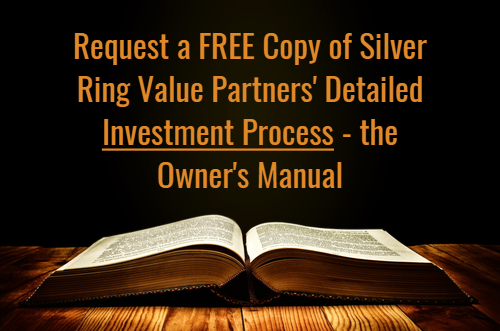The Capital Allocation Guide for CEOs
/Too many CEOs don't understand capital allocation. They rose up through the sales or operations ranks, and now that they are at the top they have to wing it with respect to one of the most important aspects of running the business. Don’t get me wrong – there are some amazing capital allocators among CEOs. However, in my two decades of investing experience I have come to believe that they are a small minority. The rest have never learned capital allocation from first principles, and instead rely on a combination of conventional “wisdom” and advisors with questionable motivations. The purpose of this guide is to try to change this to help improve capital allocation across the corporate world.
Read More


















